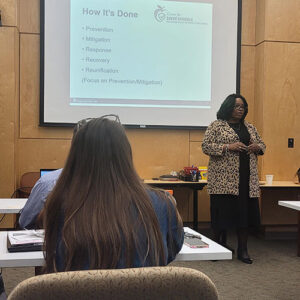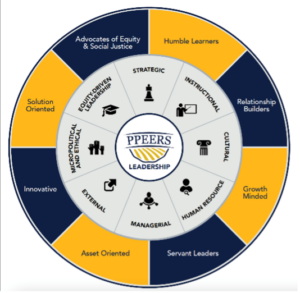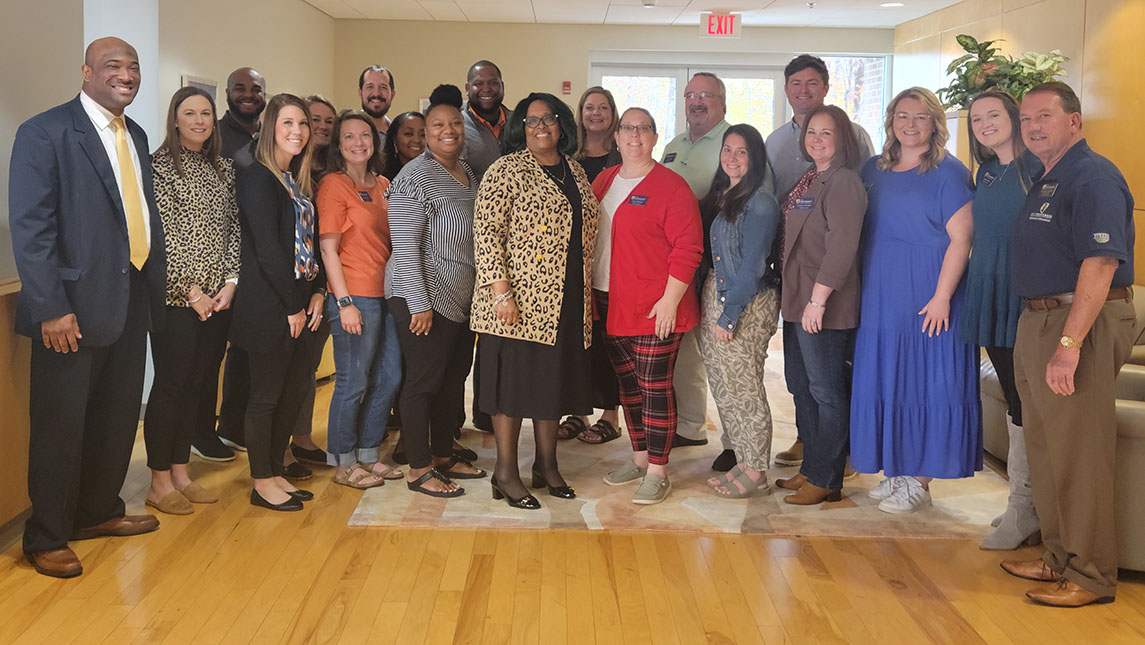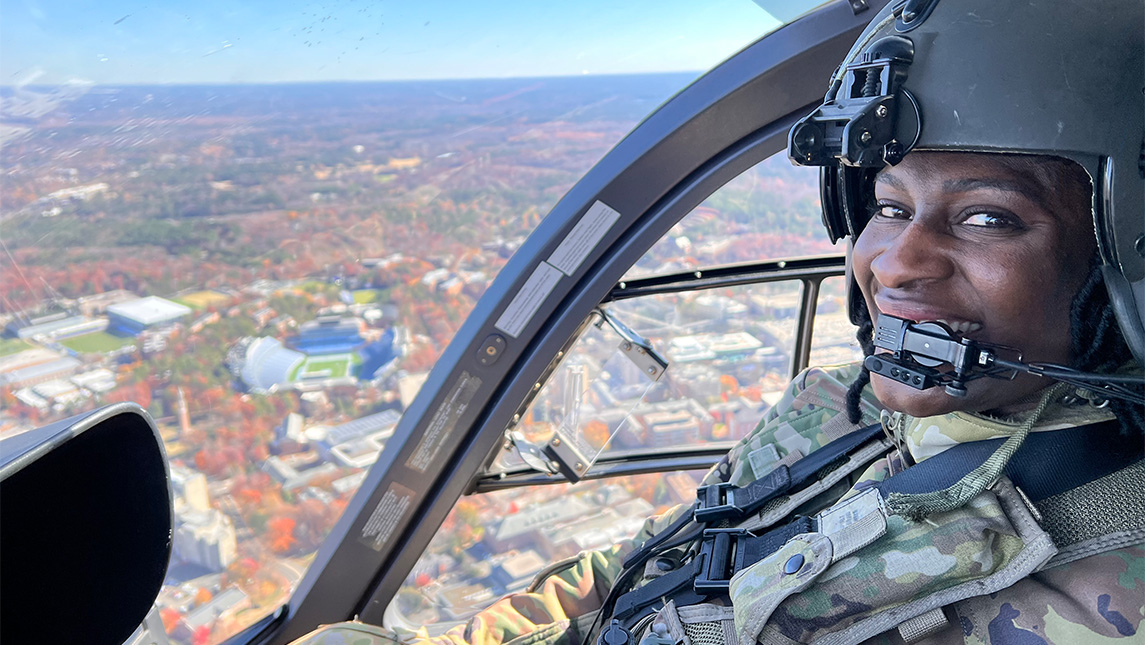As part of PPEERS’s Thursday Seminar and ELC 675: Schools as Centers of Inquiry, North Carolina Department of Public Instruction (NCDPI) Executive Director of Center for Safer Schools (CFSS), Karen W. Fairley, J.D., recently presented to the PPEERS 4 cohort. PPEERS Leadership Team members and UNC Greensboro School of Education’s Department of Educational Leadership and Cultural Foundations (ELC) members were also in attendance for her presentation.
Fairley presented an extremely captivating and informative presentation where she described the inner workings of CFSS, along with what she is responsible for in her role as the chief member of the NCDPI Center in charge of serving and promoting safe learning environments for North Carolina K-12 schools.

The CFSS serves as a hub of information and technical assistance on school safety to school faculty and staff, law enforcement, youth-serving community agencies, juvenile justice officials, policymakers, parents/guardians, and students. The CFSS staff also focuses on school climate, school discipline, and emergency preparedness concerns for North Carolina’s public K-12 schools.
Fairley focused on five key elements when conveying how the CFSS goes about serving and promoting safe learning environments for North Carolina K-12 schools: prevention, mitigation, response, recovery, and reunification. Her presentation also included the topics of behavioral health regarding mental health and mental health programs, mental health first aid training, and how the CFSS assists to prevent substance use.
Further, Fairley expounded upon North Carolina House Bill 605, which establishes threat assessment teams at all North Carolina schools beginning in the 2024-2025 school year. The CFSS will develop guidance by collecting information and best practices from schools with existing threat assessment teams and consulting with relevant state government agencies. House Bill 605 requires all public-school units to develop a School Risk Management Plan (SRMP) if a school has not already developed one. House Bill 605 also establishes peer-to-peer student support programs at all schools with grades 6 and higher, and encourages the implementation of peer-to-peer student support programs in other grade levels as well if deemed appropriate.
A plethora of other rich topics were included in the presentation, all of which are under her purview. These topics included: behavioral threat assessments, which are the best practices to identify potential active shooter incidents and other targeted violence in K-12 schools and school districts; school climate, as it pertains to bullying, suicidality, guns/gangs, human trafficking, substance use, and grooming; reportable offenses and anonymous reporting; House Bill 142, which increases penalties for failure of school administrators to report certain misconduct to the State Board of Education; student and parent engagement; the role and goals of a well-founded school resource officer (SRO) program; Educating Kids About Gun and Gang Violence (EKG2), which teaches students about the possible legal, medical, and emotional consequences of youth gun possession, substance abuse, and related gun violence; Crime Prevention Through Environmental Design (CPTED): a multidisciplinary approach of crime prevention that uses urban and architectural design and the management of built and natural environments; vulnerability assessment and identifying risks; rave panic alarm; and the State Emergency Response Application (SERA) – a web-based, secure application designed to assist first responders, law enforcement, and emergency managers in efficiently responding to hazards and threats at school facilities.

All of the topics presented by Fairley relate directly to the PPEERS conceptual framework (pictured at right) and are integral in PPEERS principal interns becoming highly effective leaders and change agents in education.
If you or anyone would like to receive further information regarding The North Carolina Center for Safer Schools, please contact CFSS using the contact information noted below.
Karen W. Fairley, CFSS Executive Director
Email: [email protected]
Facebook: @NCSaferSchools
Instagram: @centerforsaferschools
X (Twitter): @ncsaferschools
Website: centerforsaferschools.org



